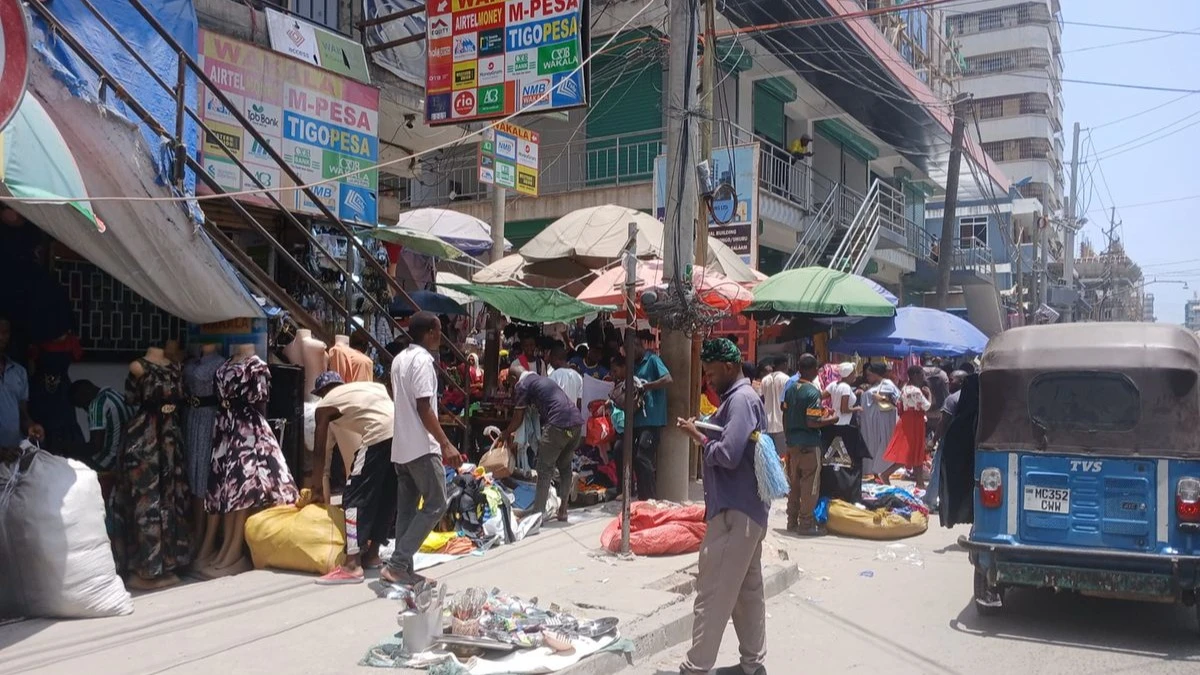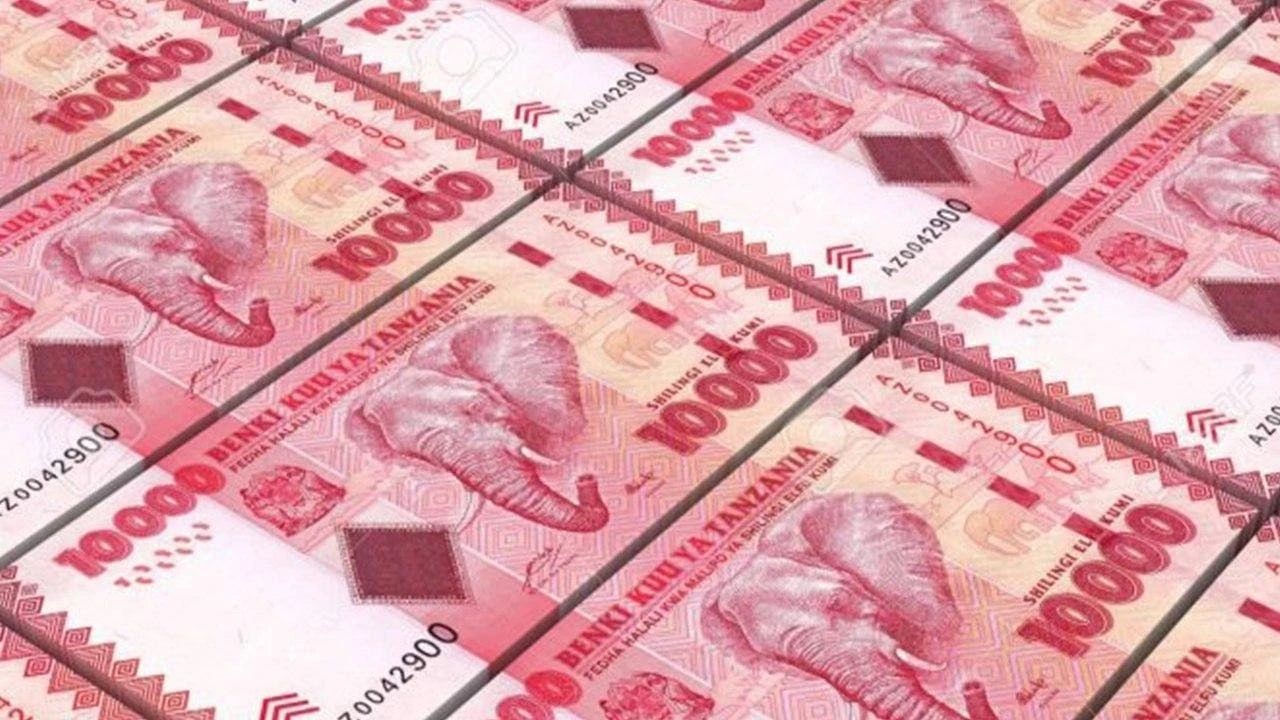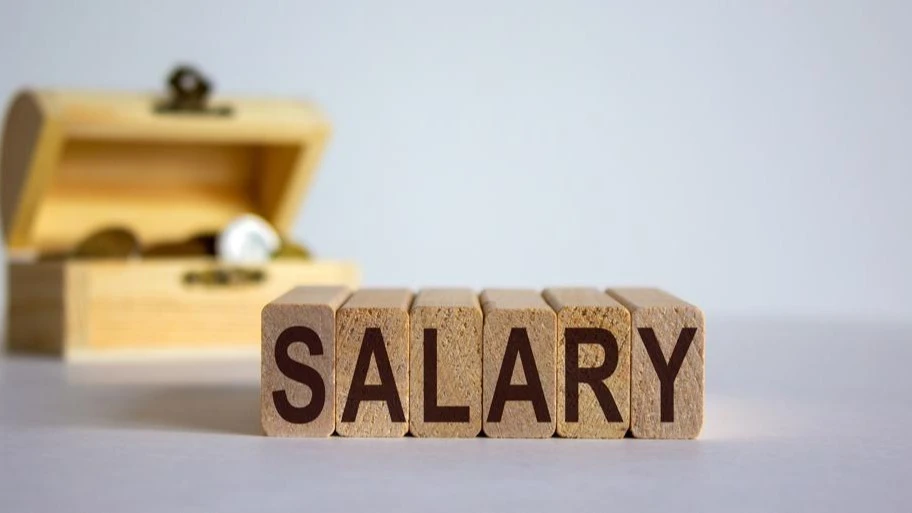As countries restore protectionism, welfare needs risk being forgotten

TRADE habits are changing around the world, and it is likely that the near future will see governments finding it easier to pursue trade protectionism in a more deliberate manner than currently obtains – but it will hardly be plain sailing for welfare impact.
There is a new tide in countries reverting to protectionism or extensively working on what to amend in various taxes, fees and levies in different sectors, and here the matter has been raised specifically in relation to fish imports.
Intent to revisit customs duties and levies on such imports was raised in the National Assembly at midweek, notably citing value addition.Whether the need to raise taxes on imported fish is for the welfare of consumers is unfinished business, as it comes out of hasty proposals often raised for instance with regard to milk – including that value addition be part of the business.
Sections of policy makers see value addition as always beneficial even as it also adds risks by virtue of alienating a section of consumers, while those who make policies appear to believe that consumers remain the same while paying more.
Removing fish imports or slapping taxes on them would rapidly enhance the local price of fish, a time bomb on grassroots survival. The benefits of free importation of goods as a primary condition of welfare is well known and was enshrined in the multilateral trade system.
This was based on what was known as the General Agreement on Trade and Tariffs, under which any country has the possibility of being treated in a preferential manner like all others.
There were spheres of generalised preferential treatment and bilateral areas, the way it stands under the East African Customs Union Protocol or the African Continental Free Trade Area.
The future of those trade arrangements is now on the balance as the multilateral principle is put to question, and local stakeholders will have greater leeway getting governments to do their bidding.
Taxing imports on staple commodities is not altogether strange or where our experience is limited, as this is what happened in 2016. It partly arose from years of a parliamentary campaign to block imports of sugar – for the same reasons of protecting local sugar farmers and processors, adding industrial capacity, etc.
With the introduction of special permits for sugar, the price soared from 2,000/- in Dar es Salaam to anything up to 7.000/- in remote regions or districts, taking nearly half a decade for the situation to be reversed.
Temptations for doing the same exist in sugar, fish, cement, roofing sheets or any other produce so long as someone gains, while consumers are largely taken for granted.
This tendency is in part an aspect of failure of education, as generations of youths since the 1960s have been raised to believe that the main contention in society is between us as poor Tanzanians and a vast range of foreigners.
The youths are instilled with the sentiment that authorities are there to protect citizens, whose interests they tend to see collectively as coinciding with the work of the government
It takes long to learn that this is not the case – that, unless there is a measure of vigilance, interest groups have their way all too easily at the expense of consumers, notably the poorer sections likely to be excluded by price rises.
Top Headlines
© 2025 IPPMEDIA.COM. ALL RIGHTS RESERVED

















